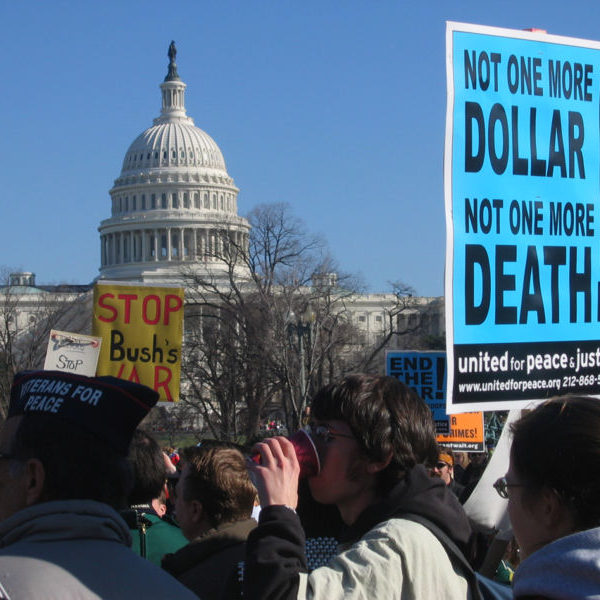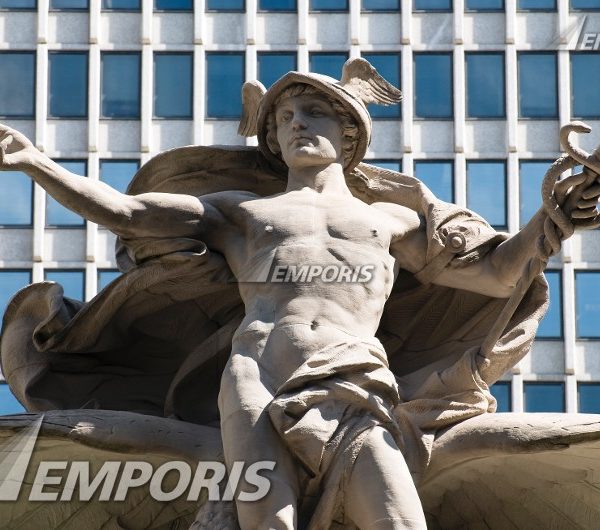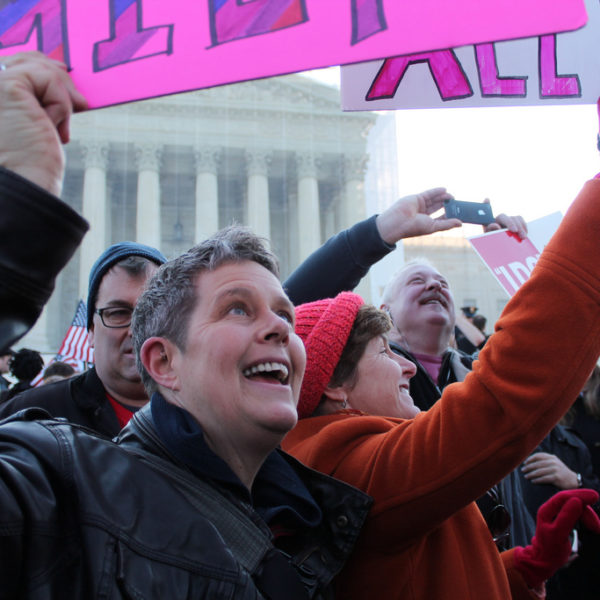
Over the last 6-7 years, a growing body of literature has coalesced around the idea of just intelligence theory. The burgeoning interest has resulted in the establishment of the International Intelligence Ethics Association, as well as the attendant International Journal of Intelligence Ethics. As a sub-specialty of intelligence ethics, its aim has been to integrate just war theory with intelligence collection, national security policing and domestic counterterrorism – subjects that fall in a murky “middle ground” between external and internal opponents.

Being a pacifist and an American is virtually impossible. Typically, the peace and justice community focus on violence issues, human trafficking, and other visible forms of oppression. They come out against war and unsanctioned military engagement (which is basically the status quo in the global capitalist empire: instead of war, we have police action). All of these things are unjust and need to be opposed, but ultimately they are the blood dripping from wound that we keep wiping up without recognizing their source: global capitalism.

Although Meghan Clark and Joseph Tetlow, S.J. have raised some important criticisms of Stacie Beck’s contention that the “social justice agenda” of many Catholics ignores certain basic truths of capitalist economics, they downplay the extent to which the provision of certain basic human rights is dependent on the creation of wealth. The Catholic philosopher Jacques Maritain provides guidance on how to maintain both the grounding of human rights in universal human dignity and the contingency of concrete rights, a balance necessary in the current age of austerity.
For the family of the late Trayvon Martin, Saturday’s ruling – that George Zimmerman was found not guilty of any wrongdoing in his shooting of Trayvon – is a terrible tragedy, and a miscarrying of justice, compounding an already vast sea of grief.
Led by the NC chapter of the NAACP and its charismatic president, the Rev. Dr. William Barber, protestors have every Monday for the past ten weeks come out to the state legislature building in Raleigh, NC to voice their opposition to a spate of conservative legislative measures. Since gaining control of both the legislature and the governor’s office for the first time in 100 years, the GOP has rapidly pushed through a string of regressive, ideologically-driven laws, often using tactics not fully on the up and up.

Mikhail Rostovtzeff is barely remembered in our time. Yet the paradox he embodied – a staunch anti-communist who championed economic analysis of classical Greece and Rome – is worth reconsideration. To his great credit, Rostovtzeff set out to shift the focus of ancient historiography on politics and military matters to economic concerns. Classically trained, a man of prodigious learning and without fear of grand narratives, Rostovtzeff boldly reconstructed the economies of ancient Greece and Rome in terms familiar from capitalism, that is, in terms of neoclassical economic theory.



